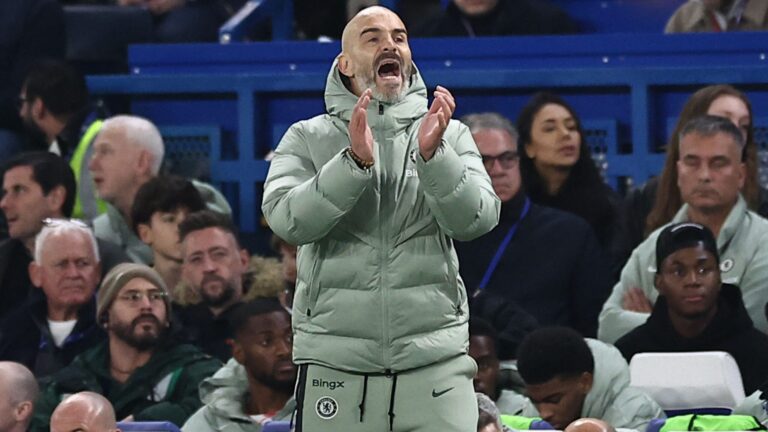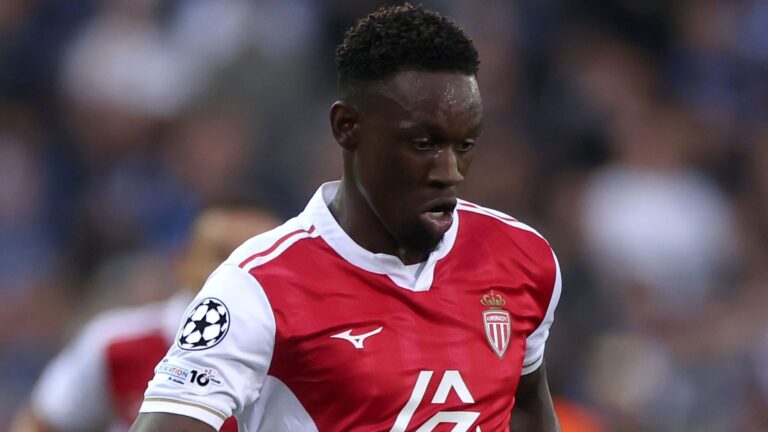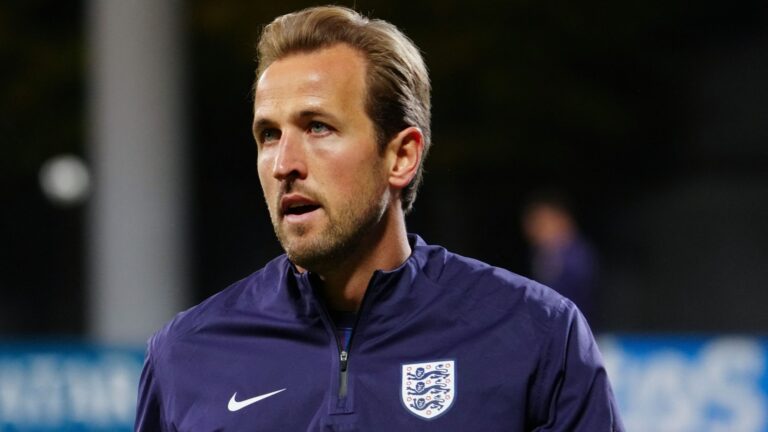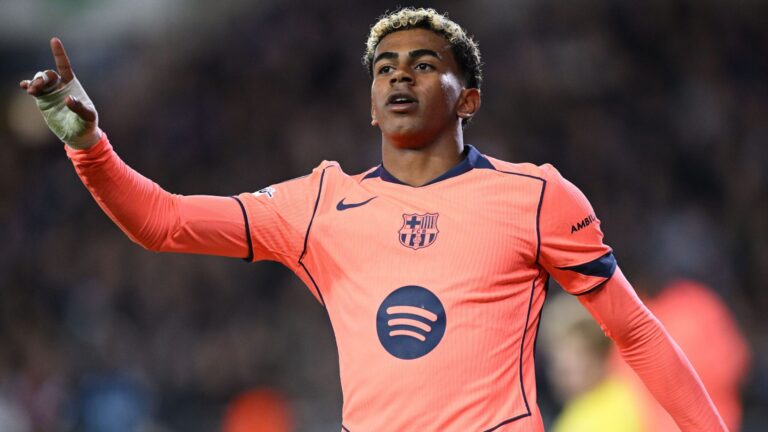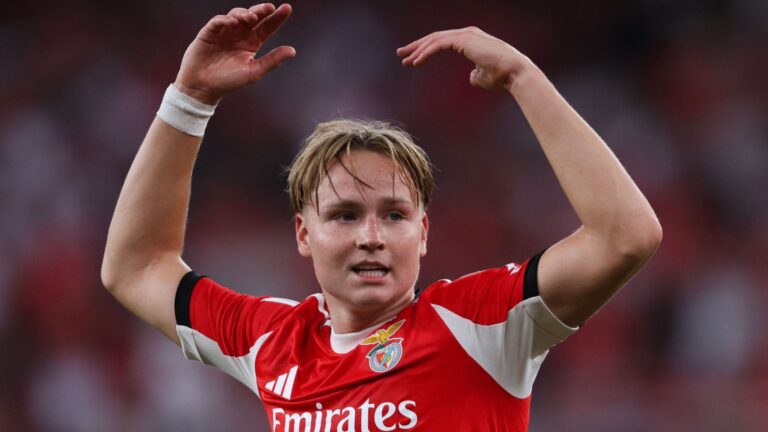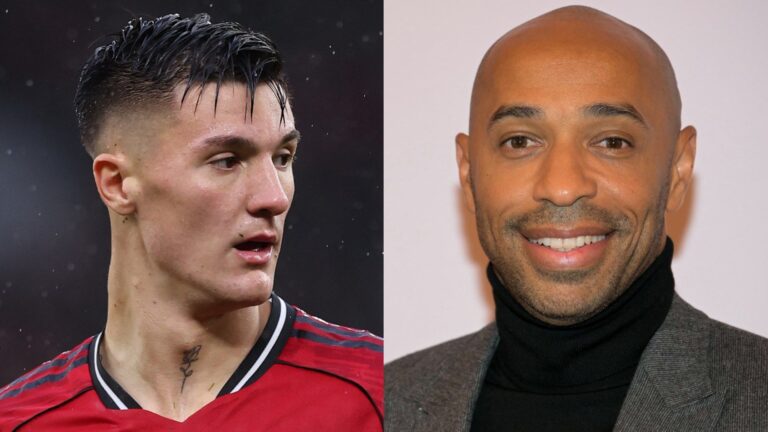


Why Arsenal’s Rising Star is Contemplating a National Team Shift for the 2026 World Cup
In the dynamic world of football, where player loyalties can evolve with career opportunities, Arsenal defender Mosquera is at a crossroads, potentially eyeing a switch from Spain to Colombia amid promises of a spot in the upcoming 2026 World Cup. This intriguing development highlights the blend of personal heritage and professional ambition, drawing attention to how global competitions like the World Cup can reshape an athlete’s path.
Arsenal’s Strategic Acquisition of Mosquera and His Early Impact
During the summer transfer period, Arsenal brought in the talented Mosquera from Valencia for a deal valued at £13 million, or $17 million, to bolster their defensive options. At just 21 years old, he was recruited to inject more resilience and rivalry into Mikel Arteta’s defense, which already features a top-tier partnership of William Saliba and Gabriel Magalhaes, widely regarded as one of the Premier League’s strongest.
Mosquera’s Seamless Transition to London Life
The young defender has quickly settled into his new surroundings in north London and openly shared what drew him away from Spain to the Premier League. In his own words, he expressed: “I’m thriving at the club and in this city. The instant Arteta talked to me, I was certain about joining Arsenal. The team is full of exceptional talent, and the presence of many Spanish-speaking players has eased my adjustment. From day one, I understood I’d be challenging elite players like Gabriel and Saliba, which aligns perfectly with the club’s goal of fostering competition in every role to maximize success.”
The Challenge of Securing a Spot in Spain’s Senior Squad
Having played for Spain at various youth levels, including Under-15 through Under-21, Mosquera has yet to earn a call-up to Luis de la Fuente’s first team. His aspirations to feature in the 2026 World Cup in North America are strong, but he currently lags behind competitors like Dean Huijsen, Robin Le Normand, and Pau Cubarsi in Spain’s lineup. Nevertheless, an alternative route has emerged, with reports from Diario AS indicating that Colombia is eager to recruit him, given his familial ties to the country and his own Colombian passport.
Colombia’s Bold Offer and Its Potential Influence
Sources suggest that the Colombian national team has assured Mosquera a position in their 2026 World Cup roster, which could sway his decision to change allegiances. This isn’t the first attempt; in 2023, similar approaches were made, but back then, he was focused on Spain after leading their Under-21 side as captain, believing a senior spot was within reach.
Understanding FIFA’s Rules on Switching National Teams
The possibility of altering international representation is indeed feasible under FIFA’s guidelines. Specifically, Article 9 of the Regulations Governing the Application of the Statutes addresses shifts in association, permitting a player to switch their national affiliation just once, with the 2020 revisions allowing for reversals under particular conditions. This policy acknowledges the multifaceted nature of personal identity in our interconnected world, where athletes often juggle multiple nationalities and complex connections to different nations.
Recent Cases Highlighting This Trend
A comparable situation involves ex-Manchester United striker Mason Greenwood, who is pursuing a change from England to Jamaica. After a single appearance for England and subsequent issues leading to his departure from United in 2023, he’s now navigating the process to re-enter international play with Jamaica, illustrating how these rules enable fresh starts.
Mosquera’s Growing Influence at Arsenal
Bringing Mosquera on board has emerged as a shrewd move for Arsenal, enhancing both team depth and cost-effectiveness. Acquired for only £13 million, the defender stands out as a smart summer bargain, with his on-field contributions speaking volumes. For instance, when Saliba was sidelined by a minor injury in the match against Liverpool last month, Arteta opted for Mosquera, and the choice proved wise as he delivered a steady performance. Arteta commended his role, noting, “We’re fortunate to have Mosquera.” So far, he has featured in eight games across various tournaments, including starts in two Premier League fixtures and one in the Champions League.
Understanding International Allegiance in Football
In the world of football, players often face big decisions about which national team to represent, especially when opportunities like the 2026 World Cup come knocking. For an Arsenal player currently tied to Spain, switching allegiance could open up exciting new paths. This might involve players with dual nationality or those who haven’t yet played in a competitive senior match for Spain, making them eligible under FIFA rules. Keywords like “Arsenal player switching international allegiance” and “2026 World Cup opportunity” highlight how personal career goals can intersect with global tournaments, and it’s something fans are buzzing about on football forums.
Many Arsenal stars balance club commitments with international aspirations, and the 2026 World Cup in the United States, Mexico, and Canada could be a game-changer. If an Arsenal player feels overlooked by Spain’s national team, they might look elsewhere to showcase their skills on the biggest stage. This decision isn’t taken lightly, as it affects everything from team dynamics to personal identity.
The Role of FIFA Eligibility Rules
FIFA’s regulations allow players to switch allegiance if they haven’t capped out for a senior team or meet specific criteria, such as having ancestry in another country. For instance, an Arsenal defender or midfielder with roots in another nation could pursue this route. This process involves paperwork and approval from FIFA, but it’s becoming more common as the 2026 World Cup approaches. Integrating keywords like “switching from Spain for World Cup” naturally shows how these rules impact players’ futures.
Arsenal’s packed schedule, with fixtures against top Premier League rivals, means players must weigh international duties carefully. A switch could provide more playing time on the international stage, boosting their profile and potentially leading to better club opportunities.
Reasons an Arsenal Player Might Switch from Spain
There could be several motivations behind an Arsenal player’s consideration to switch from Spain. Limited playing time with La Roja, intense competition from established stars like Rodri or Pedri, might push them towards a country where they’re more likely to start in key matches. The 2026 World Cup offers a fresh chance for glory, and opting for a team with a clearer path to qualification could be tempting.
For example, if an Arsenal forward hasn’t been called up recently, they might eye nations like England, Brazil, or even a less dominant team where their skills could shine. This isn’t just about ego-it’s about maximizing “World Cup opportunities for Arsenal players” and building a legacy. Spain’s success in past tournaments is impressive, but inconsistent selection can leave talents frustrated.
Challenges and Considerations
Switching isn’t straightforward. Players must navigate emotional ties, family heritage, and potential backlash from fans or media. For an Arsenal player, this could mean dealing with scrutiny during high-stakes Premier League games. Still, the potential rewards, like winning a World Cup or gaining sponsorships, make it worthwhile.
Benefits of Switching National Teams
One major benefit is increased exposure. By switching, an Arsenal player could secure a starting spot in qualifiers, helping them gain “international experience for 2026 World Cup.” This visibility often translates to better performance at Arsenal, where fans love seeing their heroes thrive globally.
- Enhanced Career Prospects: Regular international play can lead to higher earnings, more endorsements, and even a move to a bigger club.
- Personal Growth: Representing a new team might reconnect players with their roots, fostering a sense of belonging.
- Team Dynamics: For Arsenal, having a player focused on a different international setup could reduce fatigue from overlapping schedules, allowing better rest during fixture-heavy periods.
From a practical standpoint, this switch could inspire young Arsenal academy prospects to consider their own options early, blending club loyalty with global ambitions.
Practical Tips for Players Considering a Switch
If you’re an aspiring footballer or an Arsenal fan pondering this scenario, here are some actionable tips. First, consult with agents and legal experts to understand FIFA’s timelines-switches often need to be completed well before major tournaments like the 2026 World Cup.
- Research Your Eligibility: Check your heritage and past caps; many players discover options through family history.
- Build a Support Network: Talk to current or former internationals who’ve switched, like those from similar dual-nationality backgrounds.
- Prepare Mentally: The media spotlight can be intense, so focus on your “Arsenal player international allegiance decision” as a positive step.
Timing is key-align this with off-seasons or international breaks to minimize disruption to Arsenal’s fixture list.
Step-by-Step Guide
- Assess Your Situation: Review your international caps and discuss with your club, like Arsenal, to ensure it doesn’t conflict with team plans.
- Engage FIFA: Submit the necessary applications early to avoid delays.
- Train for the New Team: Once approved, adapt to different playing styles, which could enhance your versatility at Arsenal.
Case Studies of Similar Switches
History is full of examples that could inform an Arsenal player’s decision. Take Declan Rice, who switched from the Republic of Ireland to England and became a key player in major tournaments. His move shows how a change can lead to “World Cup success after switching allegiance.”
Another case is Arsenal’s own history-players like Thierry Henry represented France but had early career crossroads. While not an exact match, these stories illustrate the potential upsides. In contrast, someone like Wilfried Zaha, who switched back and forth, highlights the risks of indecision.
These case studies demonstrate that with the right strategy, an Arsenal player switching from Spain could follow a similar path to glory in 2026.
Lessons from Real Experiences
From first-hand accounts in player interviews, those who’ve switched often cite the thrill of new challenges. An Arsenal player might share similar sentiments, emphasizing how it reignited their passion during demanding Premier League seasons. While we don’t have direct quotes from the player in question, public stories from athletes like these provide valuable insights.
In summary of these elements, weighing the pros and cons carefully can make all the difference for “Arsenal players considering 2026 World Cup switches.” [Reference: https://www.arsenal.com/fixtures] [Reference: https://www.arsenal.com/tickets] [Reference: https://www.arsenal.com/]


